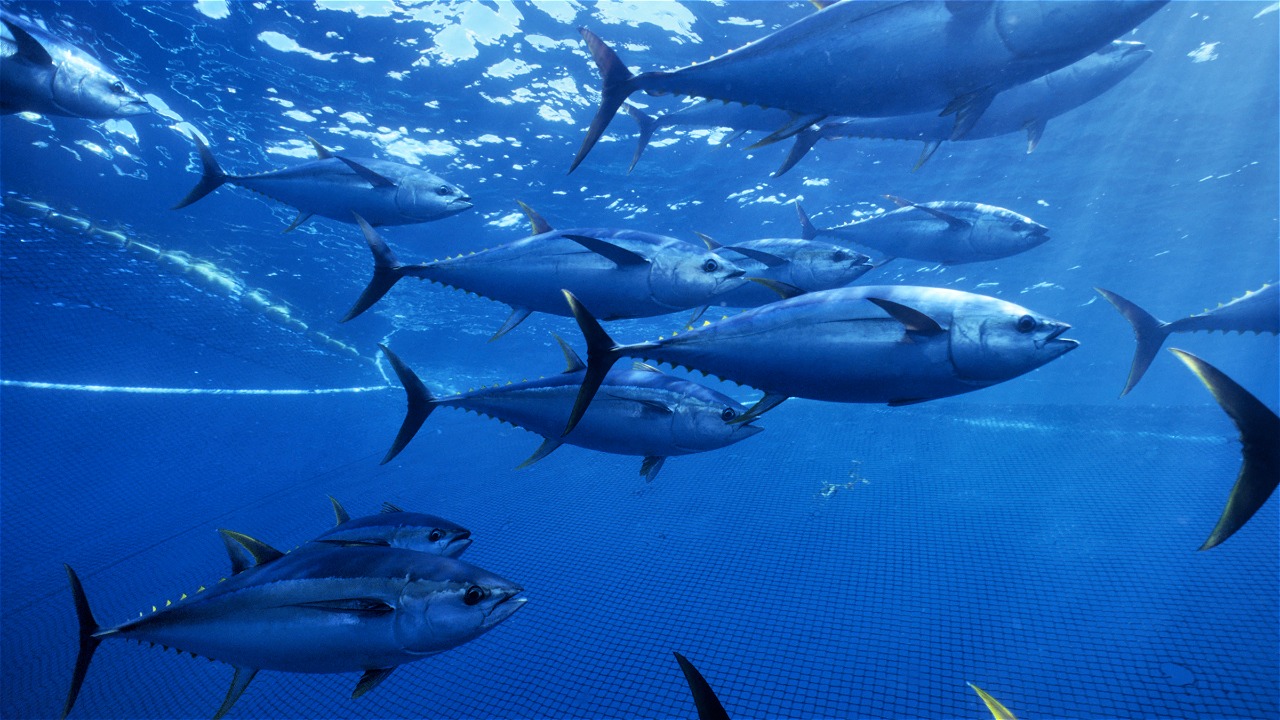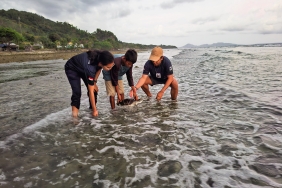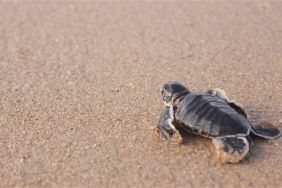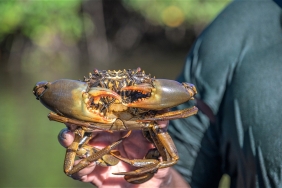WWF ENCOURAGES PEOPLE TO PRACTICE SUSTAINABLE TUNA FISHERIES THROUGH SCIENTIFIC STUDIES
By Novita Eka Syaputri
In 2011, no less than one million tons of Indonesian tuna were exported to various destinations of major tuna buying countries such as Japan, America, and several countries in the European Union with an export value of nearly 11 trillion rupiah per year. This makes Indonesia among the top 5 major tuna producing countries in the world.
However, the issue of declining tuna resources in nature, especially Indonesia, has begun to be discussed since a few years ago. The catching of juvenile tuna, the number and types of fleets and fishing gear that have not been optimally controlled, the unregulated Harvest Control Rule, and the rampant practice of IUU Fishing are some of the main problems causing the decline in the supply of tuna resources in nature. This could threaten the sustainability of Indonesia's tuna business. The development and trend of market demand for environmentally friendly tuna products is also an opportunity and at the same time a challenge for Indonesia.
Against this background, WWF-Indonesia in collaboration with the Directorate of Fish Resources - Directorate General of Capture Fisheries of the Ministry of Maritime Affairs and Fisheries (Dir. SDI - DJPB KKP) organized the National Tuna Symposium. The event took place on December 10-12, 2014 and was the first symposium to carry the theme of improving fisheries management towards sustainable practices.
The symposium, which was open to the public, attracted nearly 250 participants. Among them were 144 presenters who were divided into six classes to present the results of their studies aimed at gathering the widest possible information about the condition of Indonesia's tuna fisheries. The presenters mostly came from academics, researchers, to industry players, and agencies. The results of the study and findings show the need to immediately improve tuna fisheries that lead to sustainable practices and further formulated as recommendations that are useful for policy makers in Indonesia.
WWF-Indonesia's Director of Coral Triangle Program Wawan Ridwan in the opening of the symposium said that WWF-Indonesia is ready to oversee every effort to improve tuna management in Indonesia towards sustainable practices, because as one of the main tuna producing countries in the world, Indonesia must make changes to win the market from other countries that have first printed ecolabel certified tuna products, such as the Maritime Stewardship Council (MSC).





